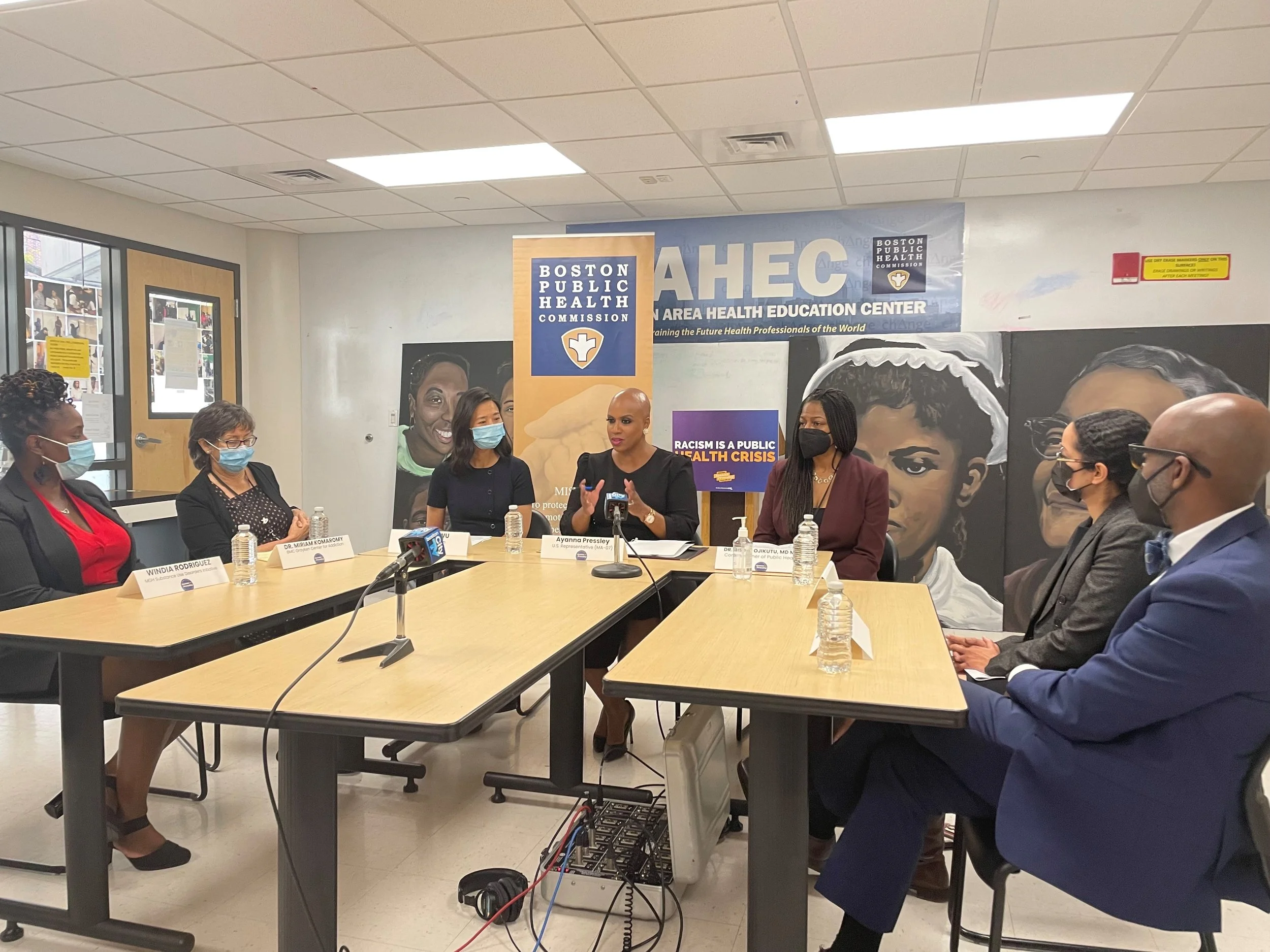
The group’s charge: to move beyond short-term relief toward long-term strategies that would create inclusive systems, minimize harm, and expand opportunity for excluded communities.
The Challenge
The COVID-19 pandemic amplified inequities that have shaped Black communities and other excluded populations for decades. Disparities in health, education, employment, and wealth became even more visible, with Black workers disproportionately laid off, higher death rates from COVID, and students of color facing barriers to remote learning and opportunity loss.
At the same time, national systems of education and workforce development often failed to account for the realities of human development, stress, and trauma. Programs and policies were frequently designed without addressing the underlying conditions that influence well-being and performance. The result was a cycle of systemic dehumanization—where structural barriers, not individual potential, determined outcomes.
Against this backdrop, the COVID-19 Impact Coalition convened a Vulnerable Populations Working Group to design a framework for change. The group’s charge: to move beyond short-term relief toward long-term strategies that would create inclusive systems, minimize harm, and expand opportunity for excluded communities.
Our Solution
Humanature was brought in as a lead consultant as part of the national coalition. Serving as lead designer for the Vulnerable Populations Working Group, Humanature brought expertise in human development, learning science, and trauma theory to shape a systemic human-centered framework for workforce and education recovery.
We designed an evidence-informed rubric for evaluating programs and policies, ensuring that developmental science and trauma-informed practices were embedded into decision-making. Through facilitated strategy sessions with national leaders—including university presidents, nonprofit executives, and public health officials—we helped surface and align priorities across diverse stakeholders.
Our Services
Results / Scale
The process distilled more than 60 strategies and recommendations into a coherent framework focused on five core investment areas: cultures of belonging, agency and personal assets, behavioral and technical skills, organizational accountability, and transformative access.
These tools and recommendations were adopted by cross-sector stakeholders to guide investments and program design both during and beyond the pandemic.


